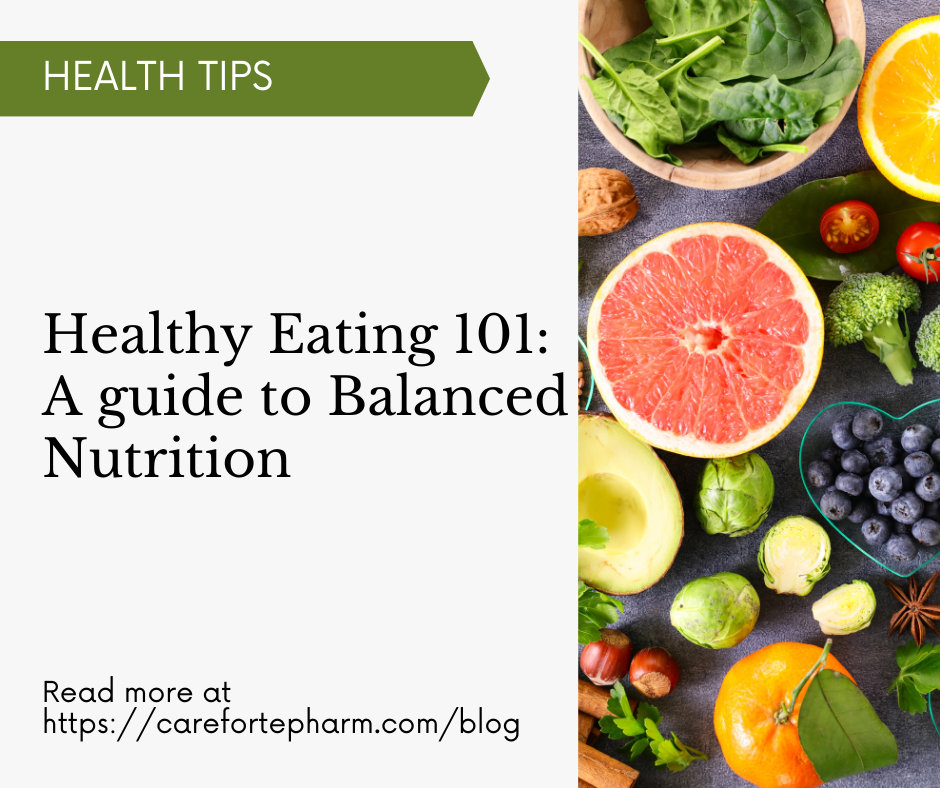Asthma Management: 9 Strategies for Better Control
Introduction
Asthma is a chronic condition that affects the airways. The airways are the tubes that carry air to and from your lungs. When you have asthma, the airways become inflamed and swollen. This can make it difficult to breathe and can lead to wheezing, coughing, chest tightness, and shortness of breath.
There is no cure for asthma, but it can be managed with medication and lifestyle changes. The goal of asthma management is to keep your symptoms under control so that you can live an everyday, active life.
7 Strategies for better control
Identify your triggers
- The first step to managing asthma is to identify your triggers. These are the things that make your asthma worse. Common triggers include:
- Pollen
- Dust mites
- Pet dander
- Smoke
- Cold air
- Exercise
- Strong emotions
- Respiratory infections
- Air pollution
Once you know your triggers, you can take steps to avoid them. For example, if you are allergic to pollen, you can stay indoors during allergy season and use an air conditioner to filter the air.
Develop an asthma action plan
Work with your healthcare provider to create a personalized asthma action plan. This plan should outline your daily treatment routine, including the medications you need to take and when to take them.
It should also provide guidelines on how to adjust your medication in response to changes in symptoms or peak flow readings.
An asthma action plan empowers you to take control of your condition and respond effectively to worsening symptoms.
Take prescribed medications regularly
Asthma medications play a vital role in managing the condition.
There are two main types of medications: controller medications and rescue medications.
- Controller medications (such as inhaled corticosteroids) are taken daily to reduce airway inflammation and prevent symptoms from occurring.
- Rescue medications (such as short-acting bronchodilators) are used for immediate relief during asthma attacks. It’s crucial to take your medications as prescribed by your healthcare provider to maintain better control over your asthma symptoms
Monitor your lung function
Regular monitoring of your lung function is essential for assessing the effectiveness of your treatment plan and detecting any changes in your asthma control.
Peak flow meters are commonly used to measure how well you can exhale air from your lungs. By regularly tracking your peak flow readings and maintaining a record, you can identify patterns, notice early warning signs of worsening symptoms, and take appropriate action as per your asthma action plan.
Get regular checkups
It is important to see your doctor for regular checkups. Your doctor can monitor your asthma and make sure that your medications are working. They can also help you identify any new triggers that may be affecting your asthma.
Maintain a healthy lifestyle
There are a number of lifestyle changes that you can make to help control your asthma. These include:
- Getting regular exercise: Regular exercise is beneficial, as it strengthens your lungs and cardiovascular system. However, be mindful of exercising in cold, dry air or environments with high pollution levels, as these conditions can trigger asthma symptoms.
- Eating a healthy diet: Make sure to eat a balanced diet rich in fruits, vegetables, and whole grains, as these foods contain antioxidants and other nutrients that support respiratory health
- Maintaining a healthy weight
- Quitting smoking
Create an asthma-friendly home environment
Since we spend a significant amount of time at home, it’s important to create an environment that minimizes asthma triggers. Keep your living space clean and free from dust mites, mold, and pet dander.
Vacuum regularly, wash bedding in hot water, and consider using allergen-proof covers on mattresses and pillows.
Additionally, avoid smoking or allowing others to smoke inside your home, as secondhand smoke is a known trigger for asthma symptoms.
Be prepared
It is important to be ready for an asthma attack. This means having your inhaler with you at all times and knowing how to use it. You should also have a plan for what to do if your asthma worsens.
Educate yourself and others
Education is a powerful tool in managing asthma. Learn as much as you can about your condition, including its causes, triggers, and treatment options.
Stay updated on the latest research and advancements in asthma management. It’s also important to educate your family, friends, and colleagues about asthma, its symptoms, and how they can support you during an asthma attack.
To conclude
Remember, asthma management is a lifelong commitment. Regular communication with your healthcare provider is crucial to review your treatment plan, adjust medications if necessary, and address any concerns or questions you may have. By following these strategies and actively participating in your asthma management, you can achieve better control over your symptoms and live a fulfilling life.





